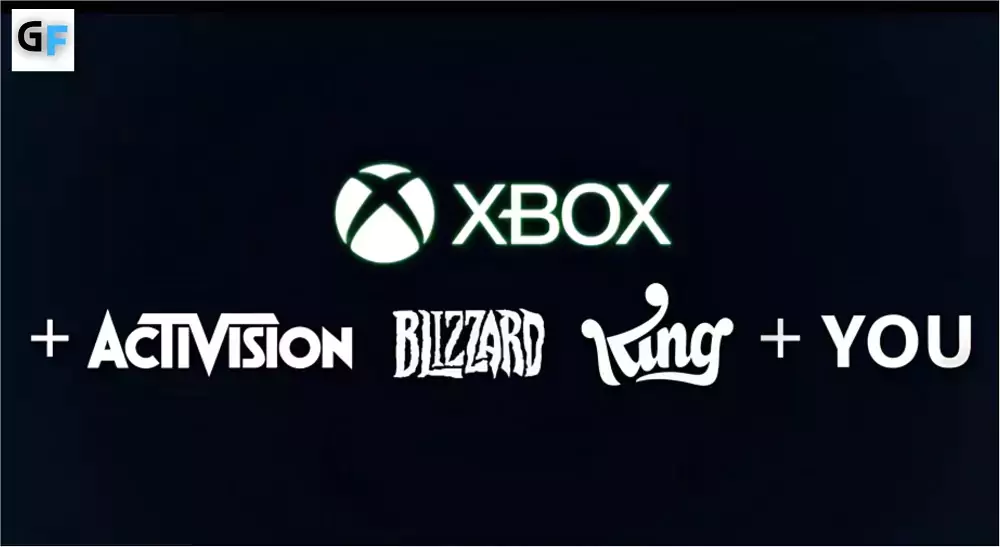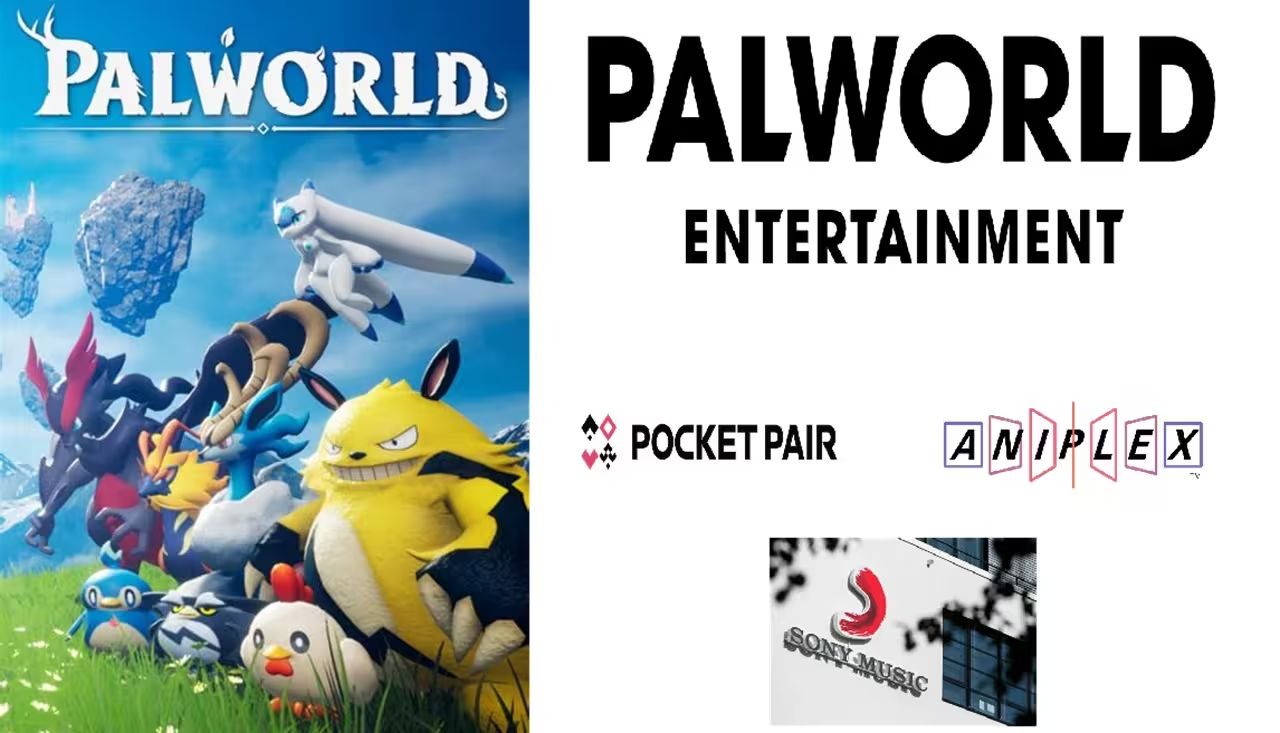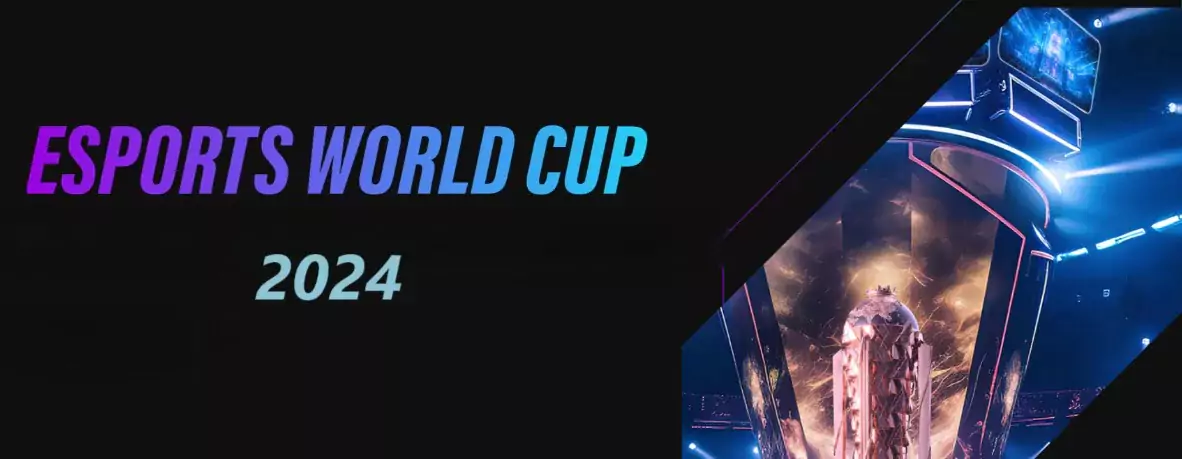After nearly two years of grappling, Microsoft has finally succeeded in its ambitious attempt to acquire the gaming behemoth Activision.
This means famous titles produced by Activision Blizzard including – Call of Duty, Crash Bandicoot, Guitar Hero, Tony Hawk’s, Spyro, Skylanders, World of Warcraft, StarCraft, Diablo, Hearthstone, Heroes of the Storm, Overwatch, will be soon canon of Xbox.
This much-anticipated purchase has finally gained approval from the U.K.’s Competition and Markets Authority (CMA), following a series of strict conditions and significant concessions by Microsoft.
The Concession that Sealed the Deal
Microsoft’s acquisition of Activision Blizzard had raised concerns about its potential monopoly over the cloud gaming market.
UK’s CMA doesn’t want the whole cloud gaming market under one corporation, so they instructed Microsoft to allow the other cloud service providers to access a library of Activision Blizzard.
To satisfy these concerns, the French video game publisher Ubisoft emerged as a crucial player in this narrative.
Ubisoft will be granted Activision’s cloud-streaming rights for PC and console games in regions beyond the European Economic Area (EEA) for the next 15 years, Microsoft secures its access to the same rights within the EEA.
Ubisoft’s extensive experience in the streaming arena, showcased by its successful collaborations with major players like Google, Amazon, and NVIDIA, evidently played a crucial role in Microsoft’s decision-making process.
EEA – A single market where free movement of goods, capital, services, and people is allowed between member states – Austria, Belgium, Bulgaria, Croatia, Republic of Cyprus, Czech Republic, Denmark, Estonia, Finland, France, Germany, Greece, Hungary, Ireland, Italy, Latvia, Lithuania, Luxembourg, Malta, Netherlands, Poland, Portugal, Romania, Slovakia, Slovenia, Spain and Sweden, Iceland, Liechtenstein and Norway and Switzerland.
Ubisoft’s Control Over Cloud Gaming outside EEA
Except for specific EU countries and pre-existing cloud gaming deals done by Microsoft, Ubisoft has been entrusted with the major responsibility of determining the platforms on which these games will be available.
Outside the EEA, the ball is in Ubisoft’s court, granting them the power to decide which cloud gaming services will be granted the rights to host Activision Blizzard’s gaming catalog including Call of Duty.
Microsoft will be required to compensate Ubisoft through a wholesale arrangement fee, should it seek to obtain licenses for its cloud-based gaming services.
Ubisoft Plus and the Game Subscription
As a result of the deal, Ubisoft Plus, the company’s game subscription service, will now feature an array of Activision Blizzard games.
While the incorporation of these games into Ubisoft Plus is already underway, the timeline for their full availability remains uncertain.
Notably, the perpetual nature of the licenses ensures that Ubisoft retains the rights to distribute these games globally, even after the 15-year agreement concludes.
The CMA’s Stance and Intervention
U.K.’s Competition and Markets Authority (CMA) chief executive, Sarah Cardell, underlined the significance of this intervention, highlighting how it prevents Microsoft from gaining an unfair stronghold in the cloud gaming industry.
According to Cardell, this move not only ensures competitive pricing but also fosters an environment of enhanced services and greater consumer choice.
Notably, the CMA proudly underscored its unique global position in achieving this outcome.
The aim of CMA is to stop the monopoly of one business or industry on the market so that other player gets an equal opportunity that leads to fair prices and more innovative solutions available for customers.
What is a Monopoly – Under a monopoly, only one firm or business offers a product or service in the market – imagine it like only one mobile phone company in the world – then no competition left, and they can set whatever price they want – bad for customers.
Microsoft’s Road to Acquisition
The journey to the acquisition traces back to January 2022 when Microsoft initially unveiled its ambitious plan to acquire Activision in a colossal deal worth $68.7 billion.
Despite facing various regulatory challenges, Microsoft continued and eventually obtained approval from the European Commission and the Federal Trade Commission in the U.S.
However, the U.K. stood firm in its stance against the acquisition, citing concerns about potential monopolistic practices in the cloud gaming sector.
Concessions and Compromises
In its efforts to assuage the CMA’s concerns, Microsoft proactively offered several concessions. Notably, it proposed allowing the cloud streaming rights for both existing and future Activision games to its competitor Ubisoft.
This gesture, coupled with a series of negotiations, ultimately paved the way for the CMA to signal its willingness to clear the deal.
Widening Reach Through Microsoft’s Cloud Gaming Deals
After approval from EU regulators, Microsoft has secured a series of cloud gaming deals, expanding the availability of Activision Blizzard games across various platforms and regions.
Microsoft’s partnerships with Nvidia, Boosteroid, Nware, Ubitus, and EE in the UK are creating a more accessible and inclusive gaming environment.
Furthermore, the promise to keep Call of Duty available on Valve’s Steam store maintains a diverse gaming marketplace.
So many stories to tell, so many characters to meet, so many worlds to explore…
It’s a good day to play: https://t.co/6i3RHmwsNZ pic.twitter.com/y7t2Q5mtrD
— Xbox (@Xbox) October 13, 2023
In conclusion, Microsoft’s acquisition of Activision Blizzard has set the new stage for a cloud gaming industry, with Ubisoft emerging as a key player in the distribution and streaming of Activision Blizzard’s major gaming titles.
The gaming community expects the unfolding of this monumental deal in detail by Microsoft and Ubisoft. Stay updated with Gaming Foodle.
Discover more from Gaming Foodle
Subscribe to get the latest posts sent to your email.





